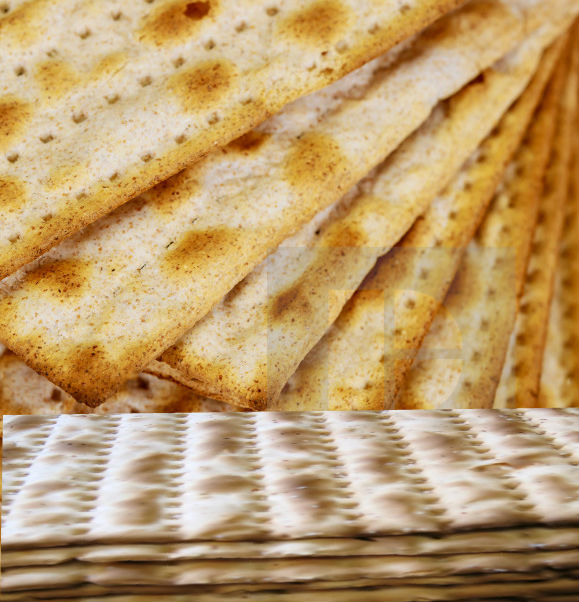These are the Days of Unleavened Bread, observed this year from April 20 – 26. These are the “appointed times” or “seasons” of God given at creation (Gen. 1:14) for humanity to set aside for appearing before Him.
The Hebrew word “moed” is translated “season” in the Holy Bible. However, these “appointed” times of God outlined specifically in Leviticus 23 were given from creation, long before a Jew or Israelite walked the Earth. Therefore, not because God gave them to Israel, the only nation He was dealing with that that time (Psalm 147: 19-20), it means they were given to them alone to be kept. Zech 14. 16 – 20, shows clearly all nations, not only Israel, will be required to appear before him on these “appointed times” for worship.
The “appointed times” provide specific instructions for the rituals, observances and laws related to holidays and festivals. “Moed” is the biblical word used to describe special days that are set apart from non-sacred days. The six such sacred occasions are the weekly Saturday Sabbath, Pesah (Passover), Sukkot (Tabernacles) and Shavuot (Pentecost), Feast of Trumpets (Rosh Hashanah) and the Day of Atonement (Yom Kippur).
You ask a typical Christian what are the appointed times of God and the vast majority would be unable to tell you. For sure, they know of Good Friday, Easter, Christmas, which are man-made holy days and have no biblical support, as they are rooted in paganism. The salient question is: why leave God’s “appointed times,” which by the way have Jesus Christ at the very centre of these days, and cling to these man-made Holy Days?
Jesus, whom 1 Cor. 5: 7 describes as “our Passover,” kept the Days of Unleavened Bread and all these “appointed times.” After His ascension, His followers, the apostles and the primitive church observed these days, too. They did not keep Easter, Good Friday or Christmas. That would shock some Christians if they truly study the Word of God. This is a fact that is in the holy Word of God.
After Passover, comes the Days of Unleavened Bread. Just what does this time picture or mean? If Christ is “our Passover,” the one who became the one-time sacrifice for all humanity instead of the sacrificial slaughter of Lambs, bulls or goats, then it is plain to see why such days are significant to our Christian walk.
Leaven signifies sin in the Bible. If Christ died for our sins, which He did, it follows suit that sin is our enemy and we need to keep away from it. The Days of Unleavened Bread serves as a reminder that we need to keep sin out of our lives. It’s not about working for our salvation because we can’t earn salvation. Christ’s death on the cross paves the way for that. It’s about living a life of overcoming and in obedience to his Word. Surely, if God gives us a prescription on how to live, certainly we must follow it. Which is more meaningful and godly, bunny rabbits or Easter eggs, pagan symbols, or eating unleavened bread to remind us to stay away from sin?
Seriously now, would you rather keep the man made days than God’s Holy Days. We can certainly err on the man made days, especially the dates, but not the “appointed times” of God because they came from Him. Not only that, God gave us specific times to observe them, which means He wants us to recognize and keep them, unlike December 25 which was a guessing game on when Christ was born. Don’t you honestly believe if Christ wanted us to celebrate His birth, he would have given us the date the same way he gave us the date to observe His death – the New Testament Passover, not Easter.
As we go into these days, let us remember our enemy – death and sin. We honour Jesus Christ during these days because He’s the one that will rescue us from these two enemies. How timely and meaningful. It’s a pity so many Christians cannot see the value in God’s “appointed times.” For more on this subject, download FREE our booklet, GOD’S SEASONAL PLAN.







Share This Article
Choose Your Platform: Facebook Twitter Linkedin